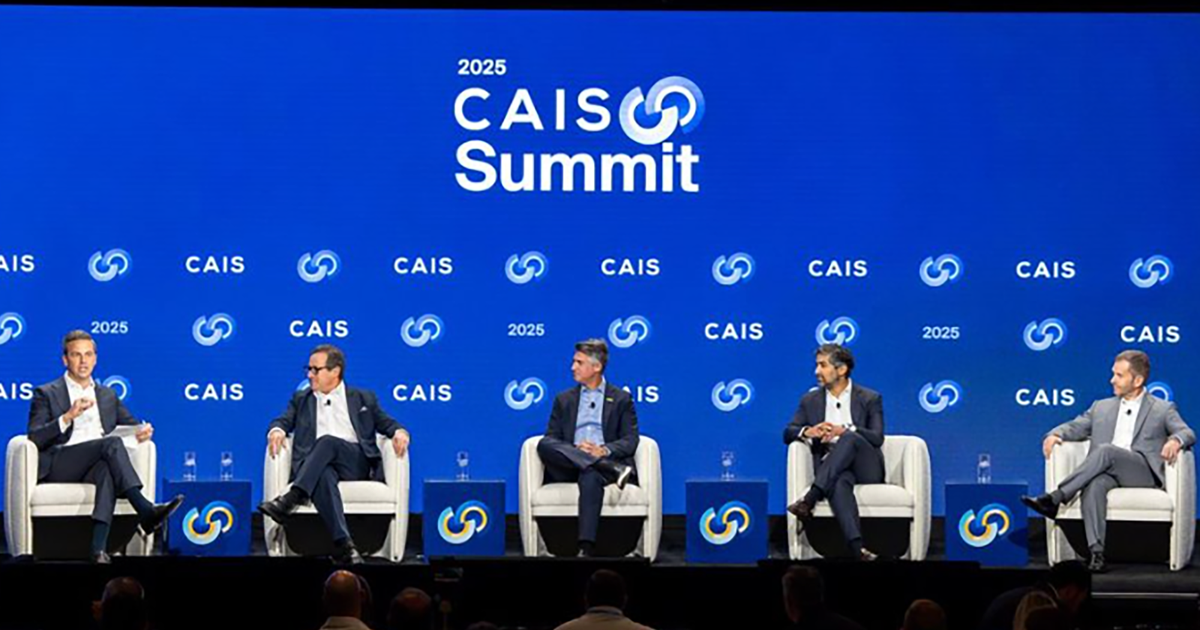Focus Financial, Edward Jones Execs Talk Alts Adoption


Top executives from two major players in the wealth space—Edward Jones’ David Chubak and Focus Financial’s Michael Nathanson—addressed how their respective firms are approaching alts adoption during a panel discussion at this week’s CAIS Summit this week in Los Angeles.
In Edward Jones’ case, Chubak, head of Wealth Management and Field Management, addressed how the traditional Main Street firm is navigating introducing alts options to its 20,000 advisors, many of whom have no experience with alternatives, given the company’s traditional client base.
Edward Jones began working with CAIS earlier this year to expand alts options as it simultaneously has ramped up Edward Jones Generations, the firm’s recently launched private client service for U.S. high-net-worth investors.
Chubak outlined one of the challenges: among the firm’s roster of advisors, some are self-starters ready to dive into alts who only need the tools to go “off and running,” while others require a lot more education. All in all, it’s a big project to start from having essentially a 0% allocation to private market investments firm-wide.
“We’re segmenting our advisors and focusing on where we see the biggest opportunities,” Chubak said. “We don’t need to start with all 20,000 at once. We’re excited to broaden the portfolios of clients by helping advisors see how they can serve clients more completely by using this as a tool in their arsenals.”
For RIA aggregator Focus, meanwhile, CEO Nathanson pointed to firms in its network that cater to high-net-worth investors who already have large allocations to private markets, providing it with insights on how to expand into the asset class more broadly, which he viewed as an existential necessity given the evolution of markets. Nathanson outlined how using alternatives is a natural evolution that aligns with the firm’s goals.
“We are very much focused on holistic advice,” Nathanson said. “And that doesn’t get to be defined by us. It’s defined by the world. As the world has changed, we have needed to adapt to what’s going on. [Moving into private markets] is a recognition of the reality of where we are. We can choose to evolve by embracing these opportunities. … You either learn to adapt to changes, or you are naturally selected for extinction.”
The comments were part of a panel discussion that also included representatives from two major asset managers: Neil Mehta, partner and head of new markets at Apollo, and Glenn August, founder and CEO of Oak Hill Advisors.
Mehta, similarly, talked of how evolving was essential on the asset management side of the equation.
“The playbook that has for worked for us for the last 20 years is unlikely to be the playbook that works for the next 20,” he said. “The way of seeing the world as equities, credit and alts buckets is no longer how clients are thinking. They are thinking about total portfolio approaches. …The challenge to us to build products and solutions that speak the same way.”
That means looking to products that blend public and private exposures in wrappers, such as target-date funds, ETFs and model portfolios, to serve different client segments.
The panelists also emphasized the need for ongoing education—a persistent theme for the past two years as private market options have exploded.
“We need to be focused on what clients need and their tolerance for risk, their need for liquidity, etc.,” Nathanson said. “But much of this is also about advisor education and bridging a gap. Advisors have been comfortable for decades living in public markets. It’s also about breaking through that bias and having advisors understand that the best advice is about … looking around and being open-minded about opportunities and the evolving offerings.”
“Everyone in the room agrees that education is incredibly important,” August added. “For all advisors and end users, it’s essential. We have to tailor that education to each person’s level of understanding. We will have problems in the future if advisors don’t understand the product and the ultimate investor doesn’t understand the product.”

Student loans often follow borrowers for years, sometimes decades. Even people who fully understand how much they borrowed can feel...

It was a busy week for RIA aggregators. There were a few large moves, including $235 billion multi-family office Cresset...

Blog Posts Archives UnfavoriteFavorite February 27, 2026 Weave: The Social Fabric Project Subscribe to Weave’s Newsletter This story was originally...